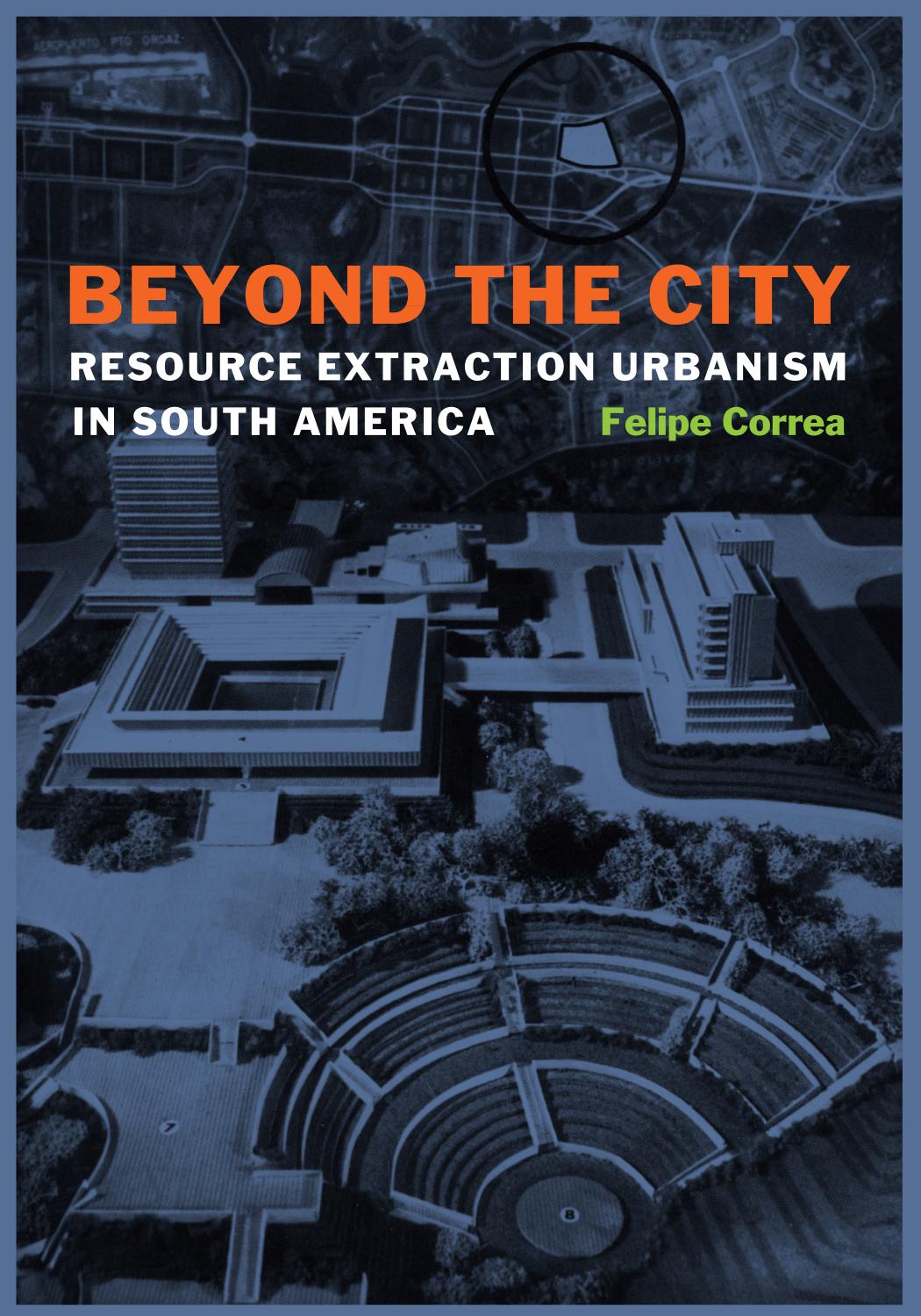Beyond the City by Felipe Correa

Author:Felipe Correa [Correa, Felipe]
Language: eng
Format: epub, pdf
Publisher: University of Texas Press
Published: 2016-03-13T05:00:00+00:00
Figure 4.1. Aerial view of Ciudad Guayana in the context of the Guayana region. Drawing by Felipe Correa.
As a management strategy that could choreograph the instrumental moves for a new social order, the broader notion of planning at a national level was of paramount importance for President Betancourt. As he stated in a presidential address, “In our days, responsible administrative work is inconceivable without a proper articulation of objectives, coordination of efforts and projections into the future.”6 The ambition to bring together nationalism, economic advancement, and territorial planning culminated in CORDIPLAN, a national planning agency created by presidential decree in 1958, foreshadowing the operation set in place by the Alliance for Progress7 three years later. CORDIPLAN, whose director had cabinet-member status,8 was tasked with advancing the country’s social and economic development with the specific mission of tackling areas outside the consolidated cities along the Caribbean coast. The Guayana region, located south of the Orinoco River, became the poster child for a national growth pole project that combined resource extraction, manufacturing, and social programs. Guayana, rebranded as a new development zone with the same name as the region, became the main target of a new territorial development strategy aimed at constructing a southern counterpart to the already flourishing economic hubs in Caracas and Valencia.
The Rebranding of the Guayana Region
While Guayana constituted the largest region in the country in terms of surface area, it accounted for less than 3 percent of the country’s population in the early 1950s.9 Located five hundred miles south of Caracas, the region was known for its poor agricultural soils and had remained off the radar of public and private investment. For centuries, the limited local population had survived through subsistence agriculture and cattle ranching, facing major food shortages on a regular basis. Yet, the fate of this remote region would soon change when the national government began to see the south as a plentiful spring of natural resources that could specifically help advance the national manufacturing agenda. While agriculturally unfertile, the landscape was ideal for an industrial hub. For one, it was extremely rich in mineral deposits. Iron ore, a key resource to advance Venezuela’s emerging steel production, was abundant in the region. Key to this iron Eden was Cerro Bolivar, better known as “iron mountain.” Located ninety miles southwest of Ciudad Guayana, the hill was described by the Boston Globe in 1964 as a “high plateau practically of iron instead of rock.”10 Gold, natural gas, and oil had also been spotted there in smaller quantities. In addition, the abundance in water flow provided by the Orinoco and Caroní Rivers made them hot spots of hydroelectric energy. In particular, the Caroní, with an elevation change of approximately eight hundred feet in the last sixty miles before it meets the Orinoco, provided naturally high-falling water that was ideal for hydroelectric production. And further, the deep thalweg of the Orinoco required minimum dredging, making it ideal for fluvial access to the Atlantic Ocean. The confluence of the Orinoco and
Download
This site does not store any files on its server. We only index and link to content provided by other sites. Please contact the content providers to delete copyright contents if any and email us, we'll remove relevant links or contents immediately.
| Anthropology | Archaeology |
| Philosophy | Politics & Government |
| Social Sciences | Sociology |
| Women's Studies |
Nudge - Improving Decisions about Health, Wealth, and Happiness by Thaler Sunstein(7689)
The Fire Next Time by James Baldwin(5422)
iGen by Jean M. Twenge(5405)
Adulting by Kelly Williams Brown(4562)
The Sports Rules Book by Human Kinetics(4377)
The Hacking of the American Mind by Robert H. Lustig(4368)
The Ethical Slut by Janet W. Hardy(4240)
Captivate by Vanessa Van Edwards(3835)
Mummy Knew by Lisa James(3682)
In a Sunburned Country by Bill Bryson(3528)
The Worm at the Core by Sheldon Solomon(3483)
Ants Among Elephants by Sujatha Gidla(3458)
The 48 laws of power by Robert Greene & Joost Elffers(3221)
Suicide: A Study in Sociology by Emile Durkheim(3011)
The Slow Fix: Solve Problems, Work Smarter, and Live Better In a World Addicted to Speed by Carl Honore(3001)
The Tipping Point by Malcolm Gladwell(2908)
Humans of New York by Brandon Stanton(2864)
Handbook of Forensic Sociology and Psychology by Stephen J. Morewitz & Mark L. Goldstein(2691)
The Happy Hooker by Xaviera Hollander(2683)
